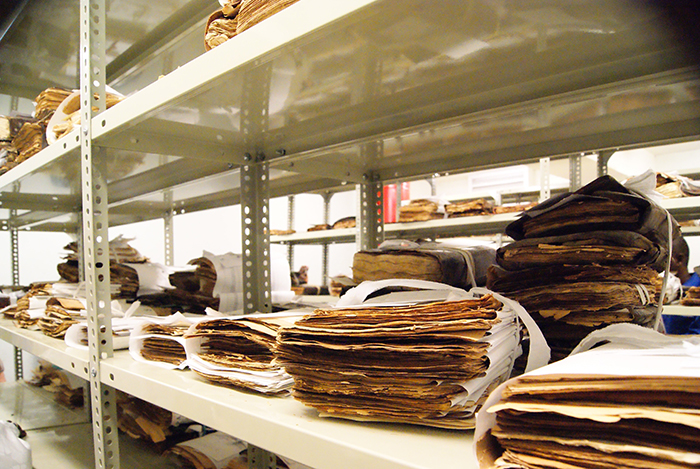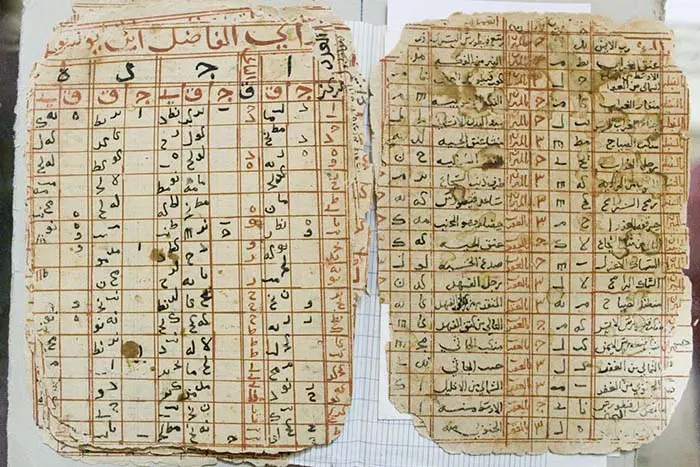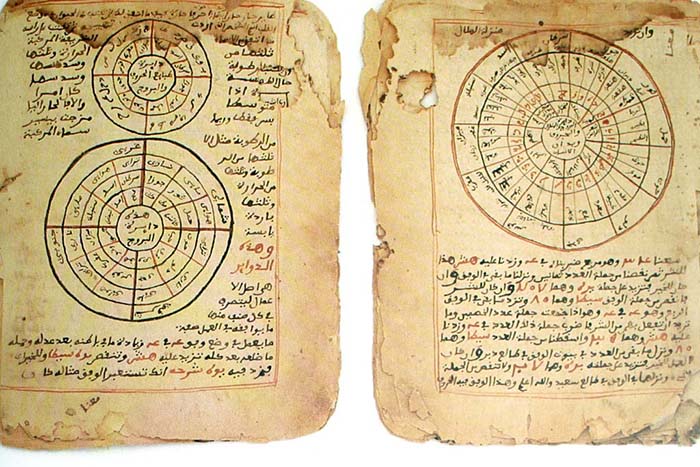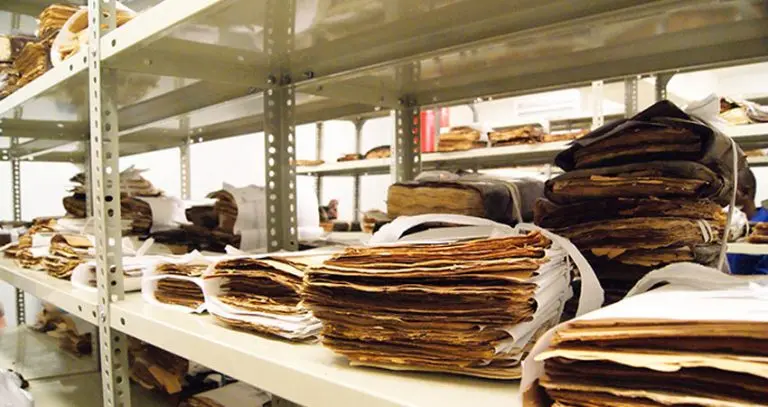In 2012, militant groups allied to Al-Qaeda in the Islamic Maghrib (AQIM) seized the north of Mali, destroying shrines and anything they deemed haram or forbidden based on their harsh interpretation of Islamic principles. Aside from causing unrest in the region, these attacks also endangered the country’s valuable collection of historical manuscripts.
For Abdel Kader Haidara, founder of the Mamma Haidara Library in Timbuktu, these ancient literary works are crucial in preserving Mali’s cultural heritage. So, without hesitation, he took on the mission of protecting the manuscripts from falling into the hands of terrorist groups. With the help of his nephew Touré, who was also a curator at the library, Haidara scoured the city for metal trunks and drums to use as containers for the manuscripts.

In 2012, Abdel Kader Haidara spearheaded the rescue operation of 350,000 historical manuscripts against Islamist militant groups
Haidara and his team managed to gather 350,000 manuscripts from 45 different libraries in the city. As if operating in secret wasn’t already challenging enough, they also had to pack the manuscripts in the dark, as the jihadists had cut off the power within the city.

It took them over nine months to successfully transport the manuscripts from Timbuktu to Bamako for safekeeping
Along the way, they faced multiple fines, arrests, harassments, and even threats to their lives. Nevertheless, they kept persevering, all for the sake of preserving Mali’s cultural heritage.

Since 2014, efforts to reconstruct and rehabilitate the city’s libraries and mausoleums have commenced with the help of UNESCO. Likewise, digitization of the evacuated manuscripts is still ongoing up to this day, courtesy of the Hill Museum and Manuscript Library (HMML).
“Timbuktu Communities have regained confidence, the hope of living and lasting peace through the reconstruction of mausoleums, rehabilitation of libraries and safeguarding of manuscripts. The project has contributed to job creation, poverty reduction, revitalization of socio-cultural practices of Timbuktu communities which is essential for peace keeping and reconciliation.”—Abdel Kader Haidara
View this post on Instagram
Feature image source: UNESCO

